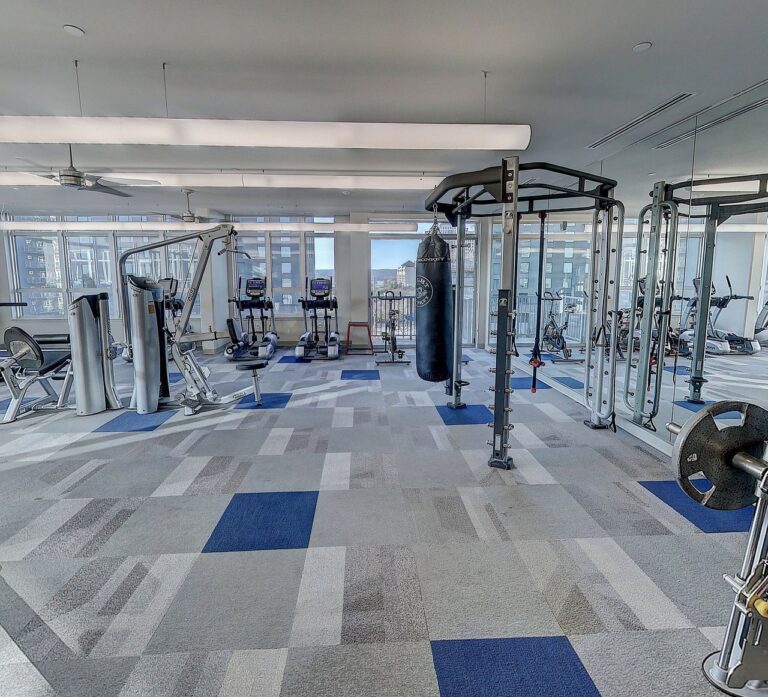Pulmonary Manifestations of Rheumatoid Arthritis: Allpannel, Laserbook247 com, 247betbook
allpannel, laserbook247 com, 247betbook: Rheumatoid arthritis (RA) is a chronic autoimmune disease that primarily affects the joints, causing pain, swelling, and stiffness. However, what many people do not realize is that RA can also affect other parts of the body, including the lungs. Pulmonary manifestations of RA can range from mild symptoms to severe complications, which can significantly impact a person’s quality of life.
RA and the Lungs
The lungs are not typically the primary focus when discussing RA, but about 10-20% of people with RA will develop pulmonary complications. These can include inflammation of the lung tissue (interstitial lung disease), nodules, pleural effusion, and bronchiectasis. In some cases, these complications can be directly related to RA, while in others, they may be a result of the medications used to treat RA.
Interstitial Lung Disease
Interstitial lung disease (ILD) is one of the most common pulmonary manifestations of RA. It involves inflammation and scarring of the lung tissue, which can lead to difficulty breathing, coughing, and fatigue. ILD can be progressive and may require treatment with steroids or other medications to help reduce inflammation and improve lung function.
Pulmonary Nodules
Pulmonary nodules are small growths in the lungs that can be detected on imaging studies such as chest X-rays or CT scans. While nodules are not always symptomatic, they can sometimes cause coughing, chest pain, or difficulty breathing. In RA, pulmonary nodules are typically noncancerous, but they may require monitoring to ensure they do not grow or cause complications.
Pleural Effusion
Pleural effusion is the buildup of fluid in the space between the lungs and the chest wall (pleural cavity). This can cause chest pain, coughing, and shortness of breath. In RA, pleural effusion may be due to inflammation of the pleura (the lining of the pleural cavity) or a side effect of RA medications such as methotrexate.
Bronchiectasis
Bronchiectasis is a lung condition characterized by the widening and scarring of the airways. This can lead to recurrent infections, coughing up mucus, and shortness of breath. In RA, bronchiectasis may develop due to chronic inflammation in the airways or as a secondary complication of ILD.
Treatment and Management
The treatment and management of pulmonary manifestations of RA depend on the specific complications involved. In general, controlling inflammation is key to preventing further damage to the lungs. This may involve medications such as corticosteroids, disease-modifying antirheumatic drugs (DMARDs), or biologic therapies. Pulmonary rehabilitation, supplemental oxygen therapy, and regular monitoring by a pulmonologist are also essential components of managing lung involvement in RA.
FAQs
1. Can RA medications cause lung problems?
While RA medications can help control joint inflammation, some may have side effects that affect the lungs. For example, methotrexate has been associated with pleural effusion, while biologic therapies may increase the risk of respiratory infections.
2. How common are pulmonary manifestations in RA?
Pulmonary complications occur in about 10-20% of people with RA, with interstitial lung disease being the most common manifestation.
3. Are pulmonary manifestations of RA reversible?
The extent to which pulmonary manifestations of RA are reversible depends on the specific complication involved and how early it is diagnosed and treated. In some cases, lung damage may be irreversible.
4. Can lifestyle changes help manage pulmonary complications of RA?
Yes, making healthy lifestyle choices such as quitting smoking, maintaining a healthy weight, and staying active can help improve lung function and overall well-being in people with RA.
In conclusion, pulmonary manifestations of RA can have a significant impact on a person’s health and quality of life. Awareness of these complications, early detection, and prompt treatment are essential in managing lung involvement in RA. By working closely with a rheumatologist and pulmonologist, people with RA can effectively monitor and control pulmonary manifestations to live well with this chronic condition.







